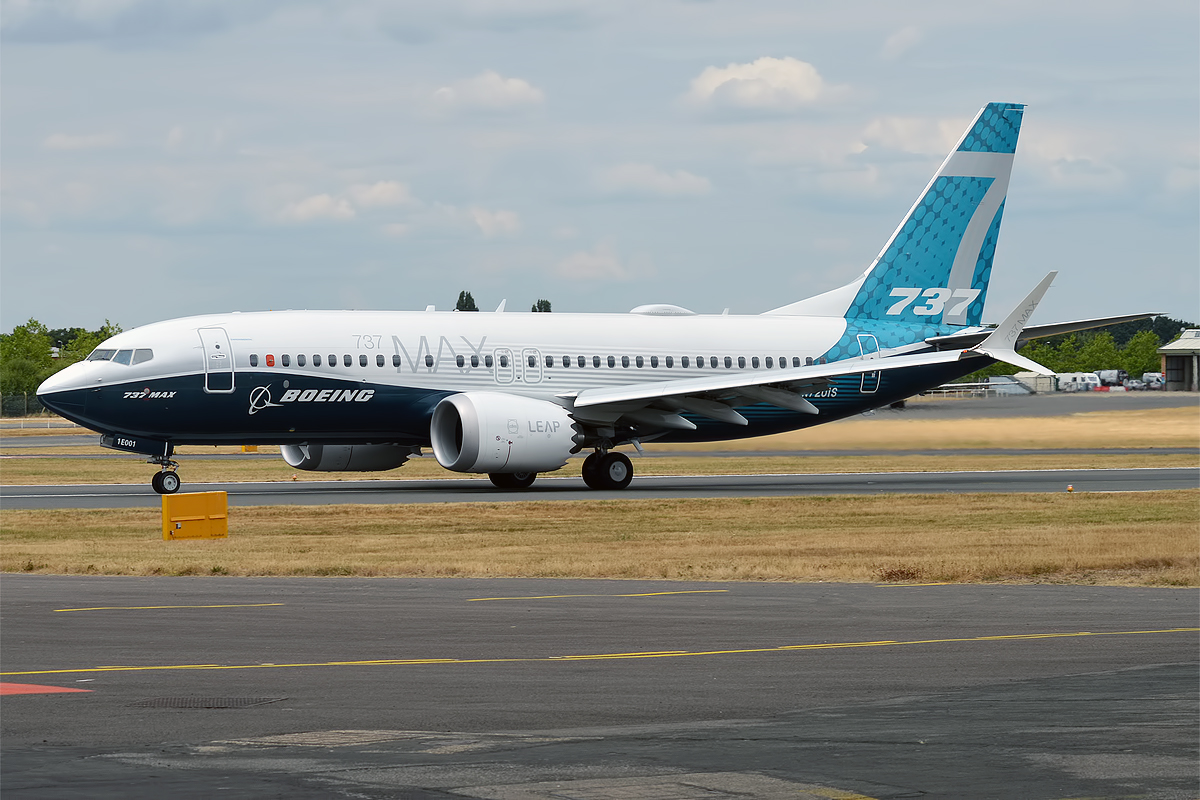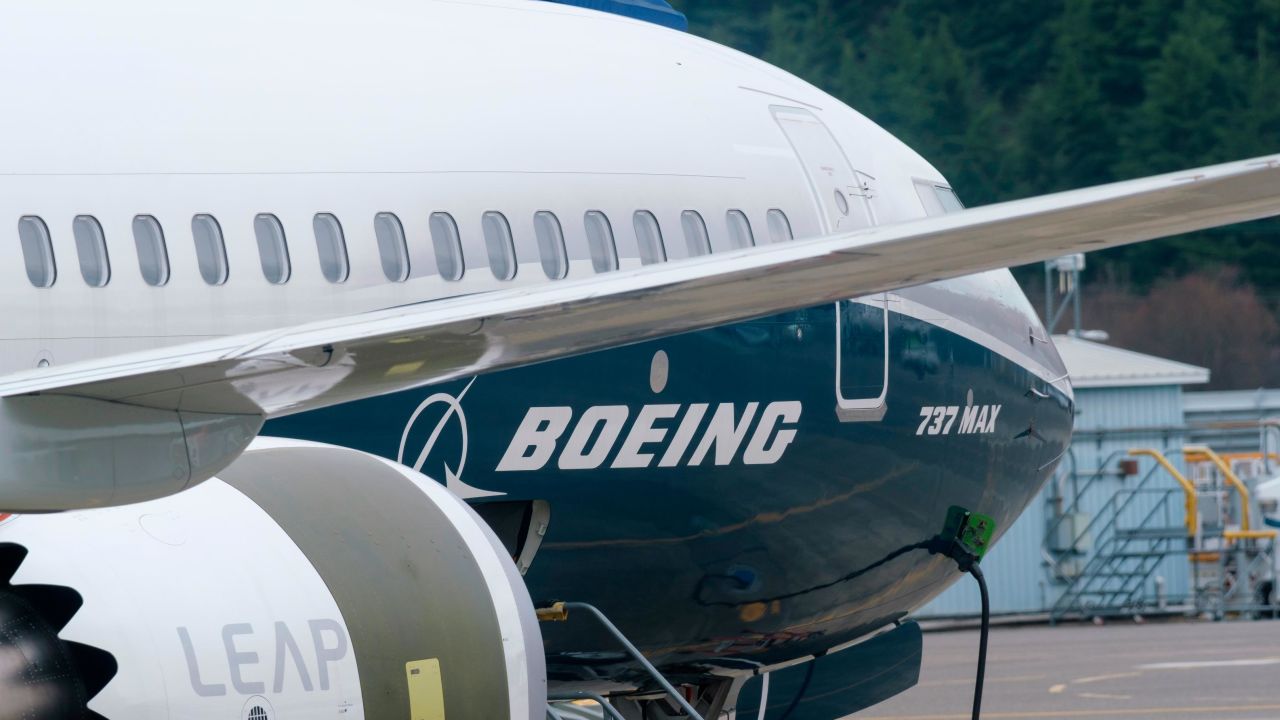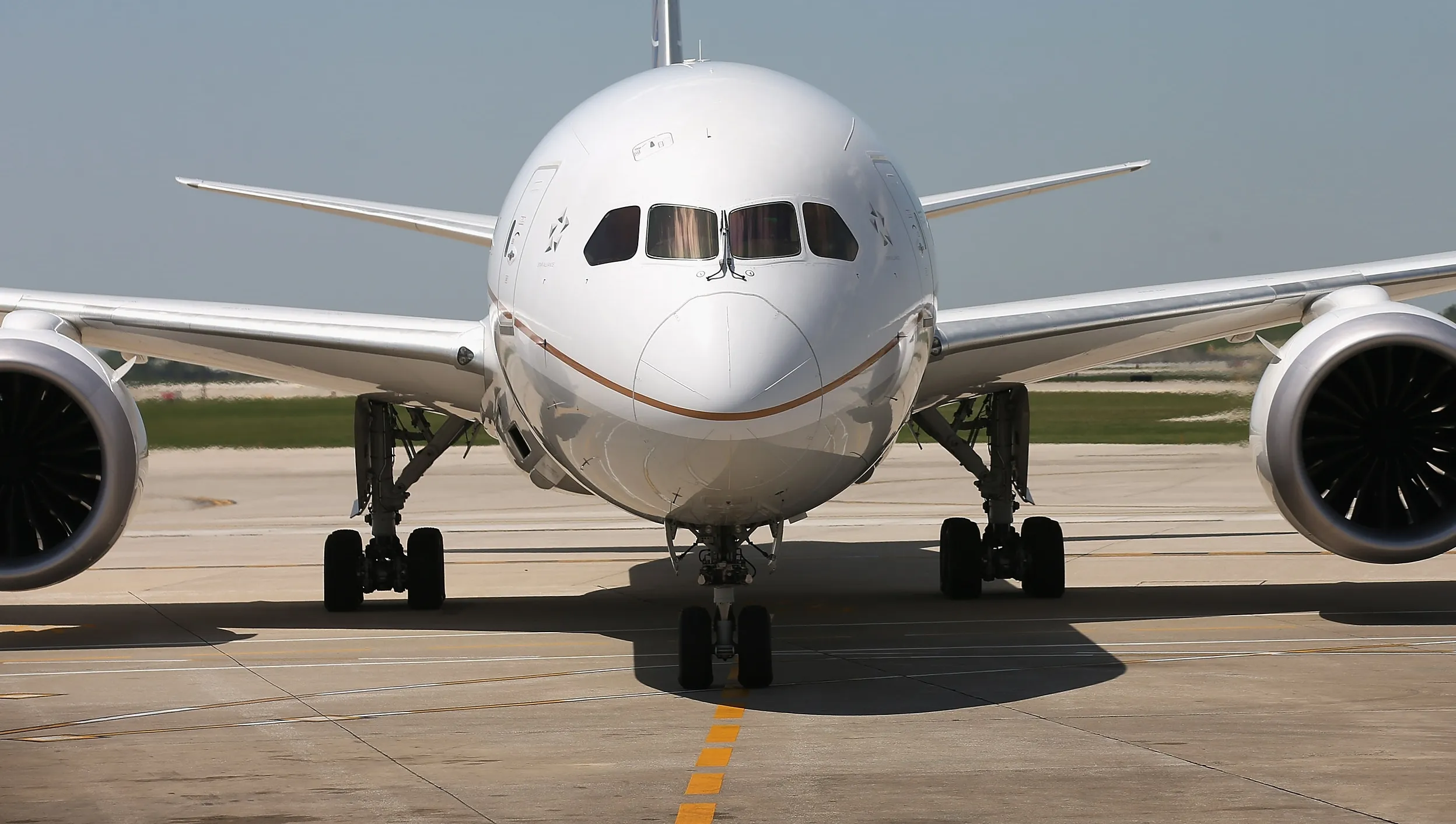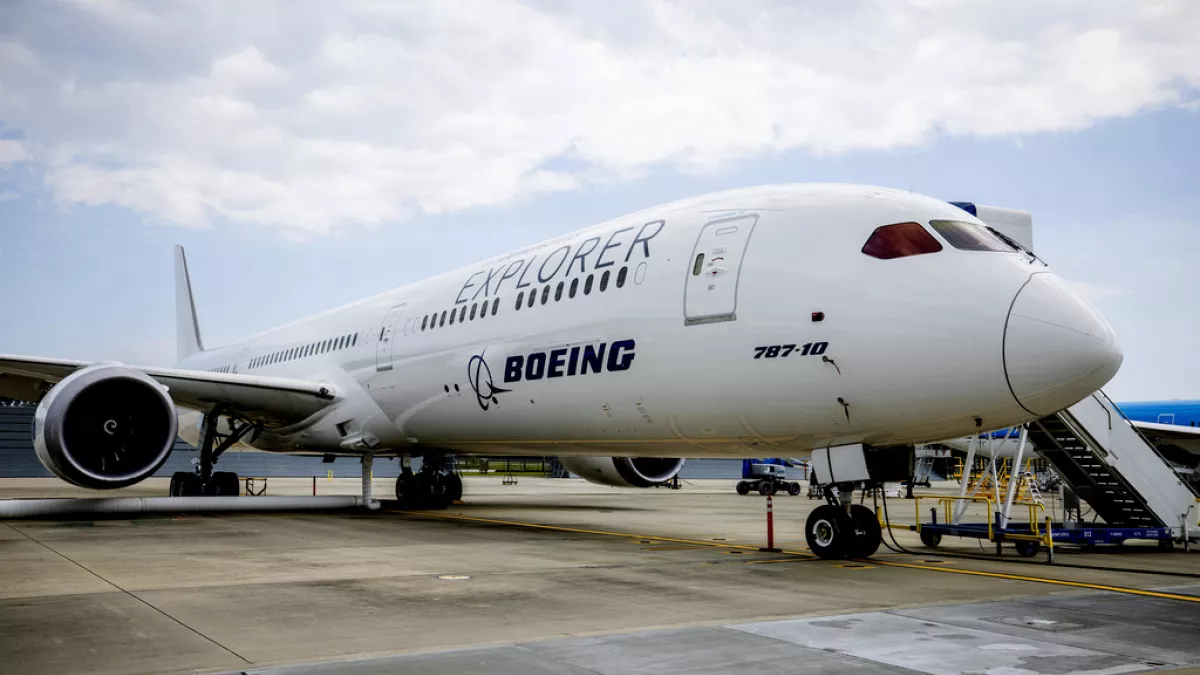In the sprawling Everett factory, one of Boeing’s primary manufacturing hubs, a narrative of heightened tension and silence weaves through the workspace. As reported by a veteran mechanic to The Guardian, the atmosphere is thick with urgency—employees are in “panic mode” and managers allegedly press mechanics not to voice their safety and quality assurance worries.
This significant factory, responsible for the production of the iconic 747, 767, 777, and 787 aircraft, now houses several 787 Dreamliners awaiting crucial repairs, underscoring a cascade of scrutiny following recent safety incidents.

A String of Safety Setbacks
The last six months have been particularly challenging for Boeing, marked by a series of safety-related incidents that have drawn widespread attention. The spotlight intensified following an alarming incident involving an Alaska Airlines aircraft, which resulted in the grounding of numerous Max 9 planes across the United States.
The severity of the situation was underscored in April when the Federal Aviation Authority (FAA) launched an investigation into allegations from a Boeing quality engineer. The engineer accused the company of taking “shortcuts” in the assembly of the 787 Dreamliner since late 2020, potentially compromising the structural integrity of over a thousand aircraft in service.

Boeing’s Rebuttal and FAA’s Firm Stance
In response to these alarming allegations, Boeing has staunchly defended the reliability of the 787 Dreamliner. On its website, the aerospace giant refuted claims questioning the aircraft’s structural integrity, asserting full confidence in the Dreamliner’s safety due to “comprehensive work done to ensure quality and long-term safety.”
Despite Boeing’s assurances, the FAA has taken a more cautious approach, initiating another investigation in May to ascertain whether proper inspections were conducted and whether there had been any falsification of aircraft records. The seriousness with which the FAA is treating these allegations is evident from their directive requiring Boeing to re-inspect all 787 jets currently in production.

Global Repercussions and Calls for Accountability
The ramifications of these safety concerns extend beyond the domestic sphere, impacting global perceptions and customer confidence. One of the company’s largest customers, Emirates, through its CEO Sheikh Ahmed bin Saeed Al Maktoum, expressed significant discontent.
In a candid interview with CNBC, he admonished the aerospace manufacturer to “get your act together,” highlighting the broad spectrum of concerns emanating from these repeated safety lapses.

Looking Forward: FAA’s Continued Oversight
As Boeing navigates through these turbulent times, the FAA has made it clear that its oversight will persist. FAA Administrator Michael Whitaker emphasized that while a new standard for the company’s operations has been set, this does not signify an end to rigorous scrutiny.
The ongoing challenges and the FAA’s steadfast oversight suggest a pivotal moment for the company as it strives to restore trust and ensure the safety of its aircraft amidst intense regulatory and public scrutiny.










